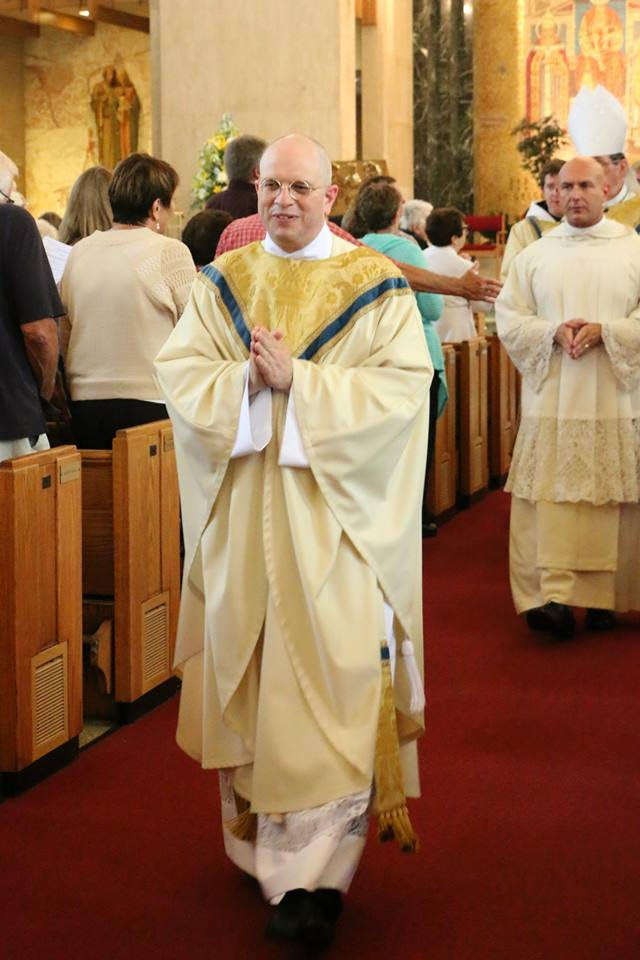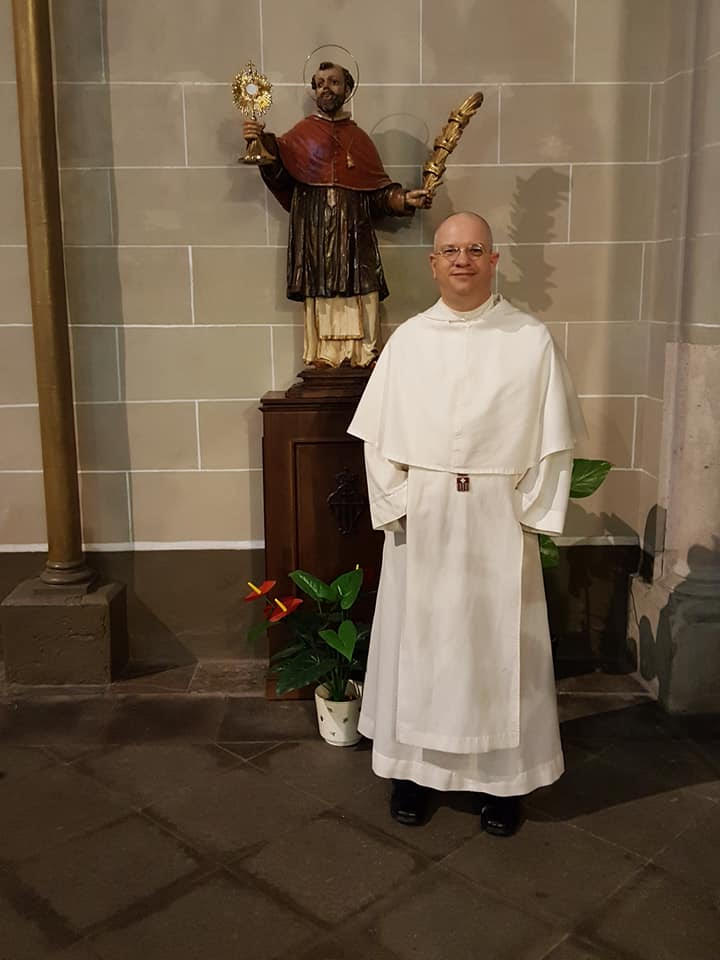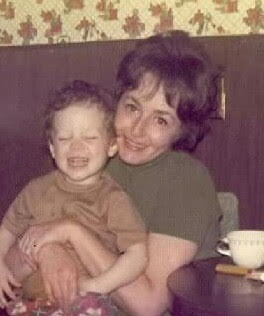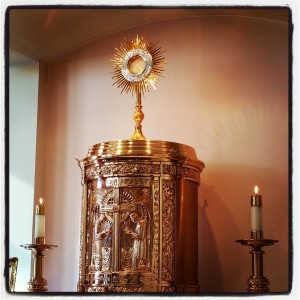Does God send us “signs,” to let us know He has heard our prayers? You Decide.
By Larry Peterson
Looking into her eyes, he said, “There is victory over death.”
I recently attended a funeral Mass, and during the few minutes before the Mass started, something extraordinary happened. I believe God sent a messenger to share with all those in attendance an affirmation of what we proclaim to believe; that there is life after death. It all happened within a few moments, and it was entirely unexpected. How many people actually paid attention, I do not know.
The messenger’s name was Ann Marie. (interesting that Our Lady’s name is Mary and her mother’s name was Anne). The usual protocol at a Catholic funeral Mass is that after the Mass ends, family and friends can get up and say a few words about the departed. At this Mass, Ann Marie went up to the ambo immediately before the Mass began. The funeral was for her dad, and she wanted to say a few words about him before the Mass started.
For those of us who have lost loved ones, incidents happen after their passing that some take as a “sign.” For example; a photo of the loved one suddenly falls from a shelf, landing in front of us; a sudden smell of her perfume or his after-shave fills the room; there is a knock on the door and you find no one there. These incidents can sometimes give a person a message which they believe tells them all is well, and not to worry. The flip side is it can cause others to feel their loss even more while others may not pay any attention to them. Most times, “signs” are just coincidences.
But the most prominent ‘signs” seem to come from dreams. The Bible has many stories of people receiving messages through dreams. St. Joseph was visited three different times by the angel in his dreams. We know that it was a dream that saved the baby Messiah’s life. So, I believe, as do others, that we do receive “signs,” especially if we are experiencing significant personal loss. Often, these signs come to us in dreams. Maybe it is God’s way of helping us through our grief.
Ann Marie looked out over the now-seated congregation and began to speak. Her demeanor was steady yet sad, and her voice was soft yet clear. She wanted to tell us about her dad. She just spoke from her heart about a guy named Jerome Schreiber, who was called “Jerry” by everyone; everyone except Ann Marie, who called him “Dad.”
Jerry was born in 1926 in South Ozone Park, Queens in NYC. He worked for the Brooklyn Union Gas company and was a mechanic for them until he retired. Jerry was a devout Catholic, a member of the Knights of Columbus, and was the type of man that helped make America the greatest country in the world. He was all about God, family, and country.
First, Ann Marie spoke of her dad’s kindness, gentleness, humility, compassion, and love for all people. Then she paused and told everyone about the dream.
Two days after Jerry passed, Ann Marie had a dream. It was clear and vivid with perfect sound. She was in bed and her dad was standing at the front door of their house, looking in from the outside. The light outside was brilliant and he was standing in it, smiling at Ann Marie. Looking into her eyes, through his smile, he said, “There is victory over death.”
On this day, in Sacred Heart Catholic Church, Pinellas Park, Florida, Jerry Schreiber, a Catholic man who lived a life filled with the love of God, family, and neighbor, and had journeyed to his heavenly reward two days before, sent us all a message. It was a message we can love and embrace, a message that can reinforce and fortify our sometimes doubtful faith.
His daughter, Ann Marie, was gifted by a visit from her deceased dad who gave her the message. God’s grace told her to share it with us all. She did that and we, in turn, should share it with others. So let us never forget Jerry’s message; “There is victory over death.”
For those who believe no explanation is necessary; for those who do not, none is possible. -St. Thomas Aquinas
Copyright©Larry Peterson 2020





